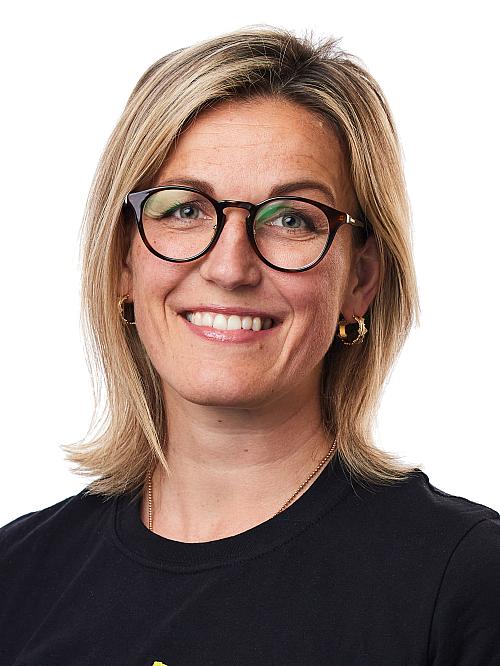“Adults on street patrols must respect the privacy of young people”
They should not be too judgmental or overly reprimanding. They must also have respect for young people’s privacy and their need to be left alone.
This is part of the findings from an evaluation, carried out by researchers Birgitta Ander and Diana Kajic from the School of Health and Welfare at Jönköping University, on the youth safety work in seven municipalities of Kalmar County.

Adult patrols, which are sometimes also called “Parent Patrols” or “Mums and Dads in the city”, involve groups of adults patrolling areas where young people often hang out in the evening and at night.
The evaluation covered the municipalities of Kalmar, Oskarshamn, Emmaboda, Mörbylånga, Nybro, Torsås and Vimmerby. Birgitta Ander and Diana Kajic conducted interviews with adult patrollers and carried out a survey with young people, which was answered by 481 people aged 15-19.
“Although adult patrols have existed for several years all over country, there is a lack of knowledge about the effects and the results, therefore it is important that they are evaluated and studied more closely,” says Diana Kajic”.
The results show, among other things, that, when out at night, young people experienced insecurity to a low extent and that they were rarely exposed to threatening situations when hanging out with friends in public places. In general, the young people were positive about adults working to create more safety, but also pointed out that it was important that the adults on patrol respect the young people’s privacy and their need to be left alone.
At the same time, the young people had expectations that the adults would be able to protect and put things right if problems occurred, for example that the adults would raise the alarm or seek help.
“Adult street patrols are also often carried out in places where the young people are not, and then one should think about whether the resources can be used in other initiatives to increase the chances of young people developing in a positive way,” says Birgitta Ander”
Adults should be role models
All municipalities in the survey have experienced a significant reduction in young people gathering in public places. Young people´s alcohol consumption has decreased and therefore their execcisve drinking and drunkeness in public spaces is not a big problem as it had been before. The results also showed that it is important that the right type of adults are on patrol. The ‘right type’ is considered to be someone who wants to talk to young people, who is sober and acts as a role model. A role model in this context is seen as someone who conveys so called prosocial values, namely someone who is helpful and supportive. Equally important is that they are not judgmental, excessively reprimanding, intruding on the young people’s private sphere or moralizing about behaviors that the young people themselves regard as trivial.
In the municipalities where no regular adult patrols took place, many reported that the initiative had been carried out on several occasions in recent years, but more often as a response to urgent events that required safety-enhancing measures. However, it was also reported that it had been difficult to recruit enough patrol volunteers.
Most needed during risk weekends
The interviews from the adult patrollers showed that many found the activity meaningful. However, the work shifts were generally quiet, and they met only a few young people, sometimes none at all. It was mainly during so-called ‘risk weekends’, namely occasions such as school graduations or festivals, that situations arose where adult patrollers needed to support and help young people who were unwell.
“I think that our report can perhaps be a help in the thought process regarding what adult patrollers can and cannot do and how things can be organized if a municipality chooses to try the initiative. What we can say with certainty is that we need to learn more about the patrol initiative. Therefore, it is important that the municipalities that choose to start such a process have a plan for a follow-up,” concludes Diana Kajic.
Contact
- Lecturer Social Work
Doctoral Student - School of Health and Welfare
- +46 36-10 1067

